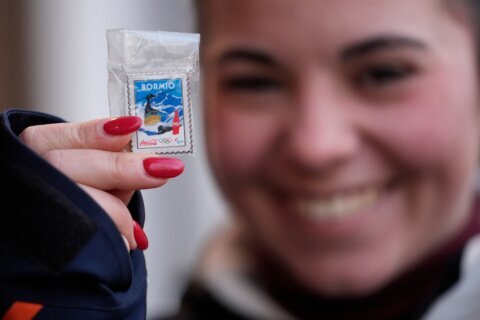WASHINGTON — Parents getting started on back to school shopping should be aware of dangerous, toxic chemicals found in some popular school supplies.
The U.S. Public Interest Research Group (U.S. PIRG) released findings from tests on school supplies that confirmed the presence of asbestos in some brands of crayons, phthalates in binders, and carcinogens in markers, among other potentially harmful chemicals contained in school products.
U.S. PIRG found that Playskool brand crayons sold in Dollar Tree stores contained trace amounts of asbestos, a known carcinogen. It is legal for crayons to contain asbestos in the United States; however, scientists have pointed out that it is unnecessary to expose kids to it.
The findings also revealed a three-ring binder from Dollar Tree that contained high levels of phthalates — which has been linked to asthma and lower IQ scores — and dry-erase markers that contained benzene — which is considered a potential carcinogen.
U.S. PIRG recommended that Dollar Tree issue a voluntary recall of any products that contained potentially harmful chemicals.
High levels of lead were also found in Base Brands’ children’s Reduce Hydro Pro Furry Friends water bottles. The water bottles have since been recalled.
Every year, the U.S. PIRG releases a guide informing parents of brands that may contain chemicals that could be harmful to children. Researchers test an assortment of supplies purchased at stores across the country.
“This fall, parents and teachers can use our safe shopping guide to help them purchase school supplies,” said Dev Gowda, campaign director of U.S. PIRG Education Fund’s Campaign for Toxic-Free Products. “We should feel safe knowing we’re sending our kids off to school with supplies that don’t contain toxic chemicals.”
The group recommends that parents and teachers look for the Art and Creative Materials “AP” label, which indicates that the product is nontoxic. If there is no label, parents can also check for a manufacturer’s “children’s product certificate” on the product, which confirms that the product has been tested in a third-party laboratory that meets the specifications set by the Consumer Product Safety Commission.









